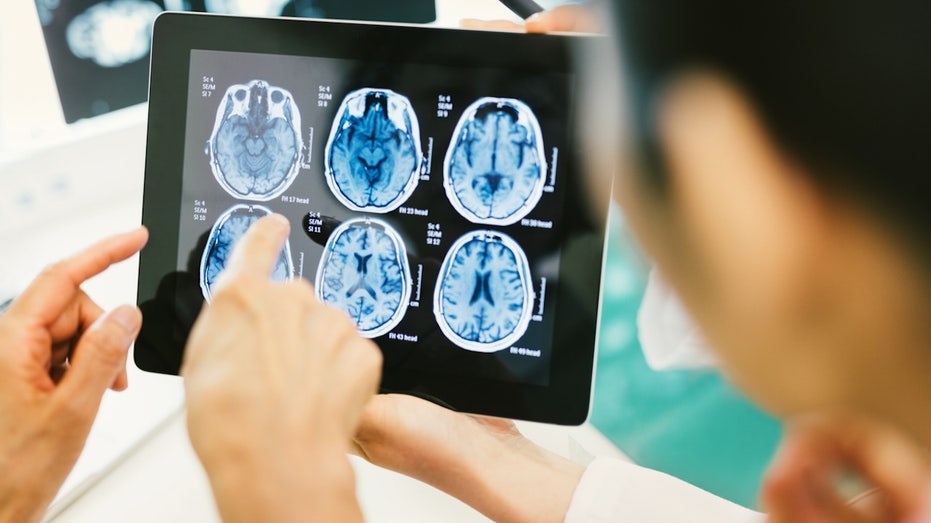Fox News contributor Dr. Marc Siegel joins ‘Fox News Live’ to discuss the FDA approving a new Alzheimer treatment drug and the FDA banning bromide vegetable oils. New details have emerged about how Alzheimer’s disease affects the brain.
Researchers led by the Allen Institute for Brain Science in Seattle and University of Washington Medicine have identified cellular changes in the brains of people with the disease — and a timeline of when they occur. "Instead of looking at AD just through the usual lens of plaques and tangles, we focused on how specific cell types were changed in each phase," study author Dr. Kyle Travaglini, Ph.
D., a scientist at Allen Institute, told Fox News Digital via email. ALZHEIMER’S DISEASE COULD BE SLOWED BY BOOSTING A CERTAIN PROTEIN IN THE BRAIN, RESEARCHERS SAY "We identified two main phases in AD by arranging donors along a continuous disease trajectory — a slow, early phase with low levels of pathology and no cognitive decline, followed by a later phase where there’s a huge buildup of pathology and cognitive decline .
" Researchers examine donated brain tissue samples through a microscope in a lab at the Allen Institute. (Allen Institute for Brain Science) The study, which was published this week in Nature Neuroscience, examined millions of cells from the donated brain tissue of 84 deceased Alzheimer’s patients. The donors ranged from mild cases with no symptoms to advanced dementia cases.
TO REDUCE DEMENTIA RISK, SENIORS SHOULD T.


















